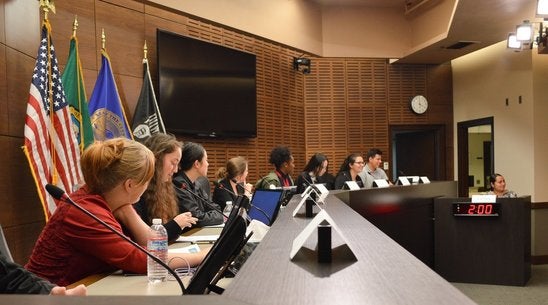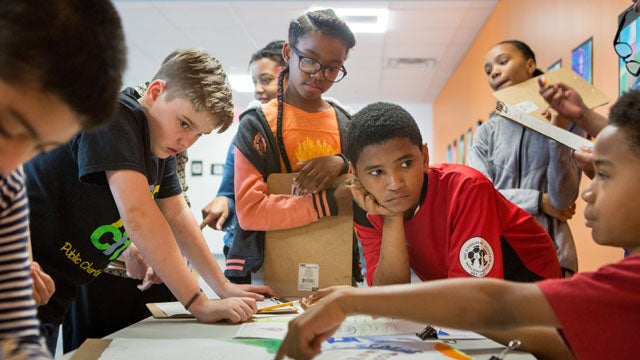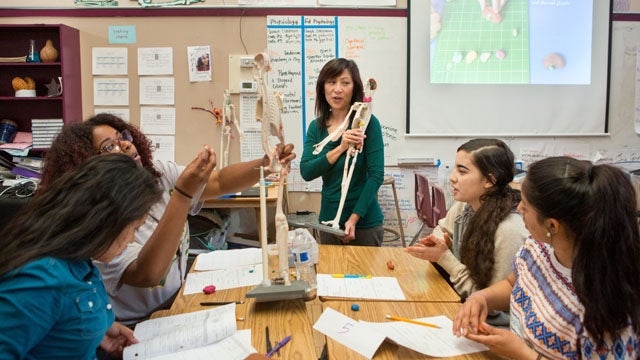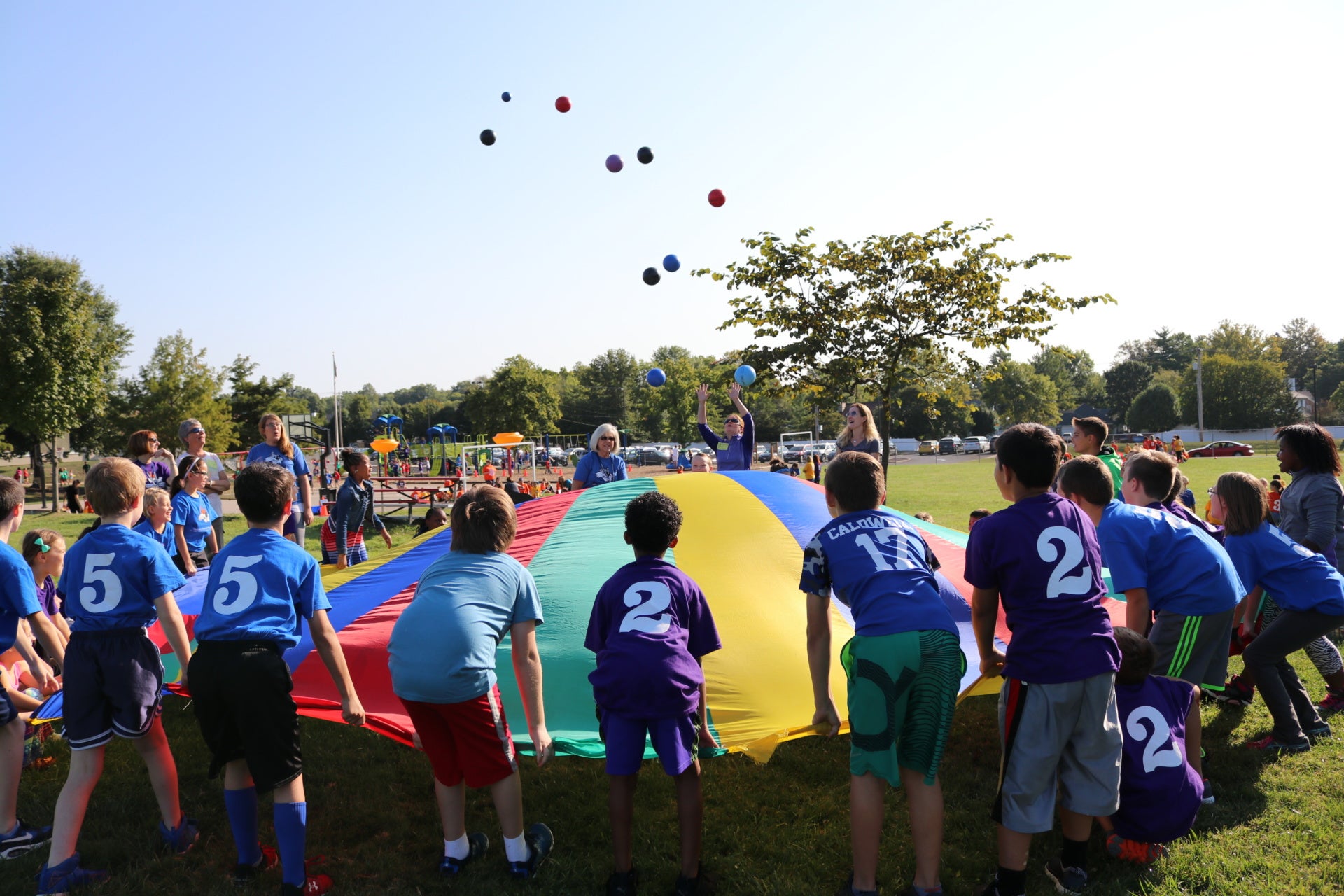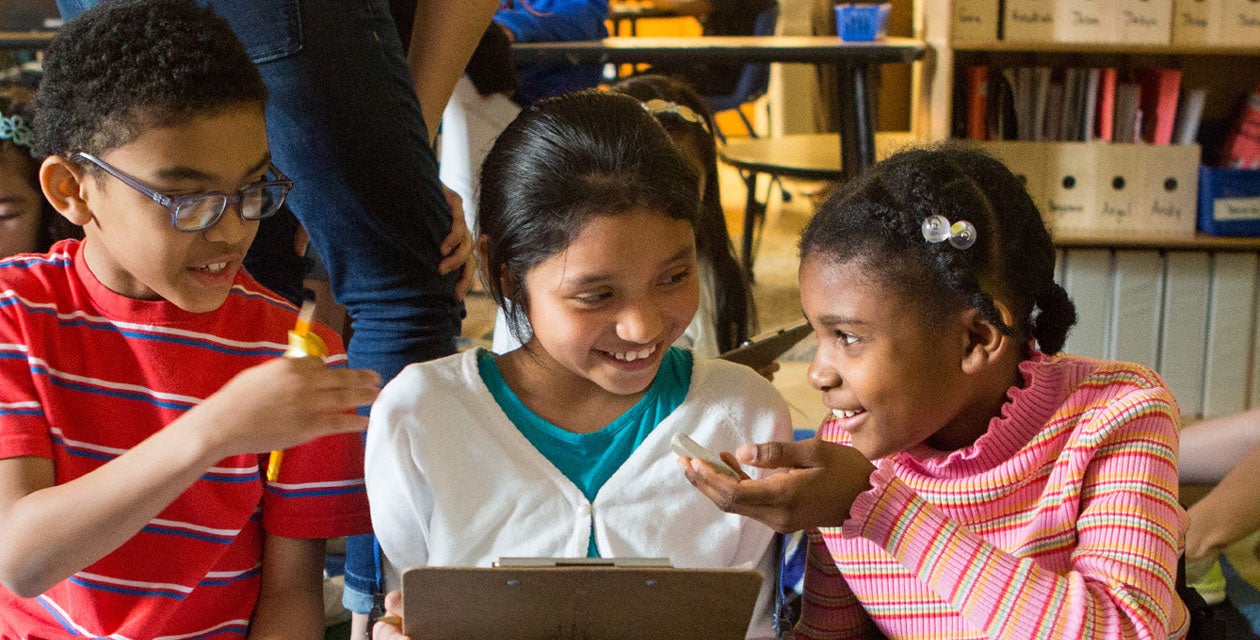The third case study from the Aspen Institute National Commission on Social, Emotional, and Academic Development discusses the role community partners can play in supporting children’s learning in collaboration with schools. “School-Community Partnerships: Joining Forces to Support the Learning and Development of All Students” cites key examples of school-community partnerships, highlighting the Tacoma Whole Child Initiative in particular which takes a city-wide approach to this work, joining everyone from the mayor’s office to the local Boys and Girls Club in support of children’s learning.
The case study features other examples from across the country include the AfterZone program in Providence, Rhode Island which coordinates between 50 and 70 community-based organizations to provide after-school programming for middle school students, the Student Success Network in New York City which connects organizations to collect data and identify and share best practices to ensure students have the social and emotional skills they need to succeed in life, and Communities in Schools of Central Texas which brings resources and relationships from across the metro-Austin area to school campuses.
